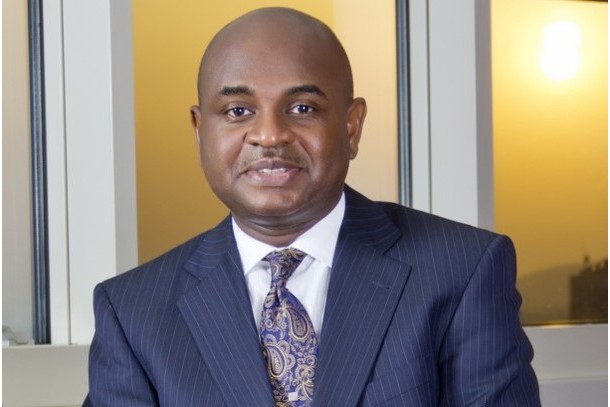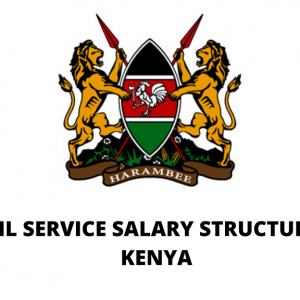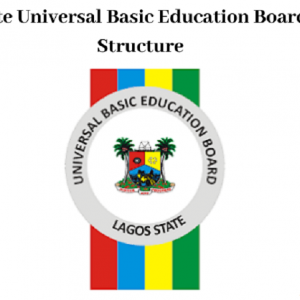Kingsley Moghalu, former Deputy Governor, Central Bank of Nigeria, CBN, the Founder and President, Institute for Governance and Economic Transformation, in our Executive Platform interview with Prince Okafor, harps on the sustainability of the nation’s debt and continuous borrowing, as well as, Nigerians democratic rights. He also made recommendations on how to improve the country’s attractiveness to Foreign Direct Investments, and a fundamental proposals to fast forward the country’s economy.
My recommendation is that, citizens of Nigeria need to take political actions to solve the challenges of economic growth. 57 years after independence, and we still have a very high poverty rate, we still have 30 million people who don’t have jobs, we have one of the worst health care systems in the world, what else is the discussion if not how to solve these problems, who will solve these problems? That’s the work of the leadership, who will elect these leaders? It’s the citizens. So citizens should take their destiny into their own hands, that’s my position, other things else are technical details. We need fundamentally in this country to re-examine the role of the states and of governments in economic management, we need to get the balance right.
How sustainable is Nigeria’s debt and continuous borrowing?
It’s not sustainable in my view. With a revenue to debt servicing ratio of about 60 percent it’s not sustainable in my view. I have seen some of the steps that the government have taken, including going more for foreign debt rather than local debt. That’s fine, but remember that you are running the currency exchange risk. You don’t know what will happen to the price of oil tomorrow and how that will affect the value of the naira and how that affects your dollar loan repayment. My approach is a fundamentally different one, that the government should undertake very comprehensive tax reform by going into the informal economy bring people into the Nigeria taxation system, but in return the government must promise and execute and be held accountable for the delivery of certain basic items like: health care, infrastructure and educational system reform.
What do you suggest to make interest rate affordable to businesses?
Interest rate cannot be affordable for businesses if there is a lot of inflation. So, the government must avoid excessive spending on salary and recurrent expenditures. They should spend more on capital projects. That is what creates economic growth, and hopefully that will bring down inflation, and also interest rate can also come down.
What are the challenges that makes banks shy away from lending to Small and Medium Scales Enterprises, SMEs?
Let me tell you, we have a fundamental misconception in this country, banks in most countries of the world have short term lending and risk arising. Most private capital that comes in to fund SMEs is venture capital or private equity, those are ‘patient’ capital. They wait for some times, but they will have equity in the business. I have recommended that we should establish a public-private partnership private equity and venture capital fund to support job creation through access to entrepreneurship capital. This fund should be established with not less than N500 billion, with contributions from the federal government and private sectors funders, and be run on a for-profit basis as a private company by private sector managers. Mutual accountabilities must be established between the government and private sector partners, and for the operating entity.
Why are most banks still making so much profit even when the economy was in recession?
See also There are no Signs that Nigeria is out of Recession, NEC Declares
What do you recommend to improve Nigeria’s attractiveness to Foreign Direct Investments, FDIs?
If you look at FDI in Nigeria, you will find that, FDI in Nigeria has decreased by 75 percent between 2014 and now. What determines FDI is the perception of the business community, both domestic and global. International investor’s perception of governance and economic policy matters. If the foreign investors feel that the Central Bank of Nigeria is not independent, is being controlled by the government, it will not give them confidence, if the foreign investors feel that the policies that are being made, are realistic in terms of their ability to create an enabling environment for them, they will not bring their money. There is need to really overhaul economic policies in Nigeria. It’s too short-term. We should think a little bit long term and put in place the necessary policies manned by competent people, people that the foreign investors can look at and say yes we have confidence in these people. These are the things that attract foreign investment into developing countries.
What other recommendation do you think the federal government needs to put in place to ensure sound economic management?




